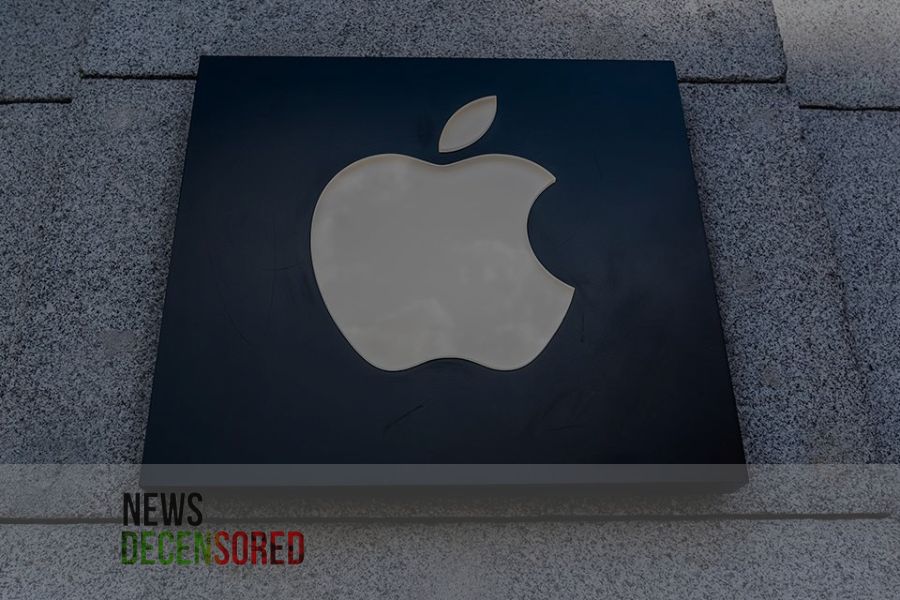Apple, long known for its sleek hardware and user-friendly interfaces, has seemingly taken a more prominent role in the ongoing AI race. This shift comes amidst growing anticipation surrounding their developer conference in June, where they’re expected to showcase new AI features.
Researchers at Apple have unveiled a novel AI system called MM1, signifying a significant step forward for the company’s internal AI capabilities. MM1 falls under the category of “multimodal models.” These models hold the unique ability to interpret and generate various data types simultaneously, such as text and images. This paves the way for advanced functionalities, including:
MM1 promises improved reasoning capabilities, allowing Apple devices to better understand the context of user interactions and respond accordingly.
The system’s “in-context learning” feature enables it to continuously learn and adapt based on user behavior and data. This could potentially personalize user experiences across Apple products.
The potential applications of MM1 are vast. Integration into iPhones, Macs, and the Siri voice assistant could significantly enhance user interactions. Imagine a Siri that not only understands your voice commands but can also interpret a picture you show it, offering relevant information or completing tasks based on the combined input.
Partnership Talks: A Strategic Move Amidst Tight Competition
Despite the unveiling of MM1, reports suggest Apple might be exploring partnerships to bolster its AI offerings. A potential deal with Google regarding their Gemini AI engine, encompassing chatbots and other AI tools, has surfaced. This move could be interpreted in several ways:
Compared to competitors who’ve made significant strides in AI development, Apple may be seeking to bridge the gap. Partnering with Google, a leader in the field, would provide them with a head start.
While MM1 represents significant progress, a partnership with Google could offer Apple access to additional, mature AI technologies that could complement its internal development.
Google already enjoys a prominent position within the Apple ecosystem as the default search engine on Safari browsers. This existing partnership could facilitate a smooth integration of Google’s AI tools.
Benefits for Both Parties:
Analysts predict a win-win scenario for both companies if the partnership materializes:
Google’s Gain: Access to Apple’s massive user base (nearly 2 billion devices) would be a significant advantage for Google. The potential licensing fees associated with the deal could also be substantial.
Apple’s Advantage: The partnership could provide Apple with a solid foundation for further AI development within iOS 18 and future features.
Uncertainty and the Road Ahead
While details remain scarce, Apple’s recent actions reveal a two-pronged approach:
The unveiling of MM1 demonstrates Apple’s commitment to in-house AI development. Acquisitions like Canadian startup DarwinAI further underscore this strategy.
The potential partnership with Google suggests Apple is willing to explore strategic collaborations to accelerate its AI advancements.
Several critical questions linger surrounding Apple’s AI strategy:
How will MM1 be integrated into existing and future Apple products? What specific functionalities will it offer users?
Will a deal with Google materialize? If so, what specific AI tools will be included, and how will they be incorporated into Apple’s ecosystem?
What is Apple’s long-term vision for AI? Will they continue to invest heavily in in-house development, prioritize partnerships, or pursue a hybrid approach?
Apple’s recent moves signal a new chapter in its involvement with AI. As the developer conference nears, the world awaits a clearer picture of their AI roadmap and the potential impact it will have on their product offerings and user experiences.















